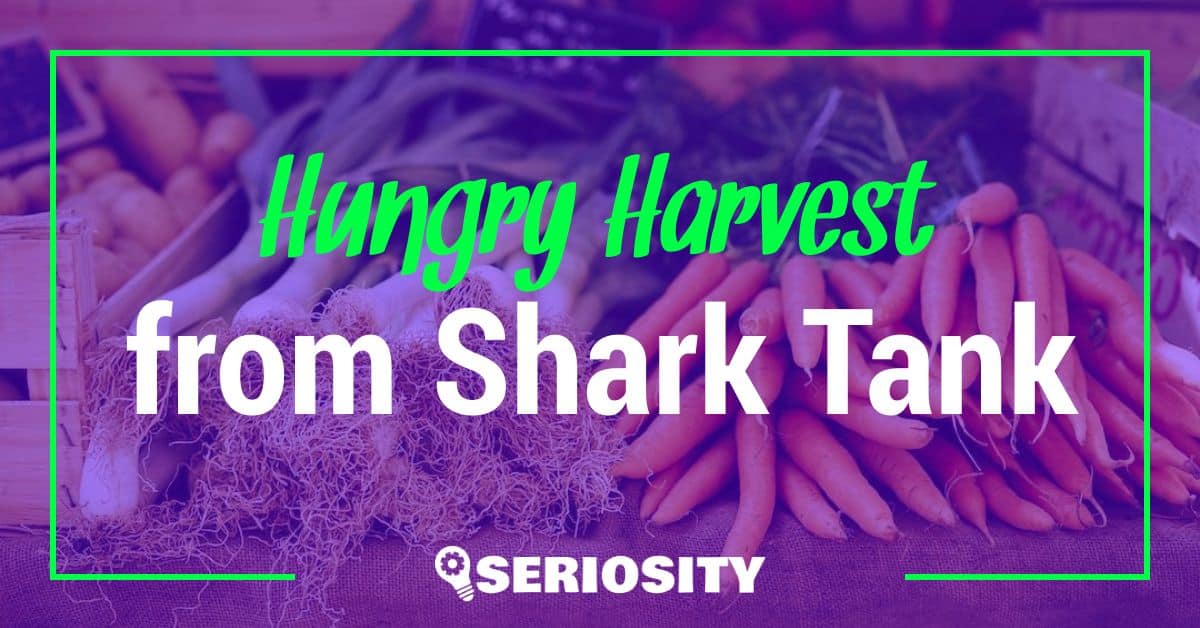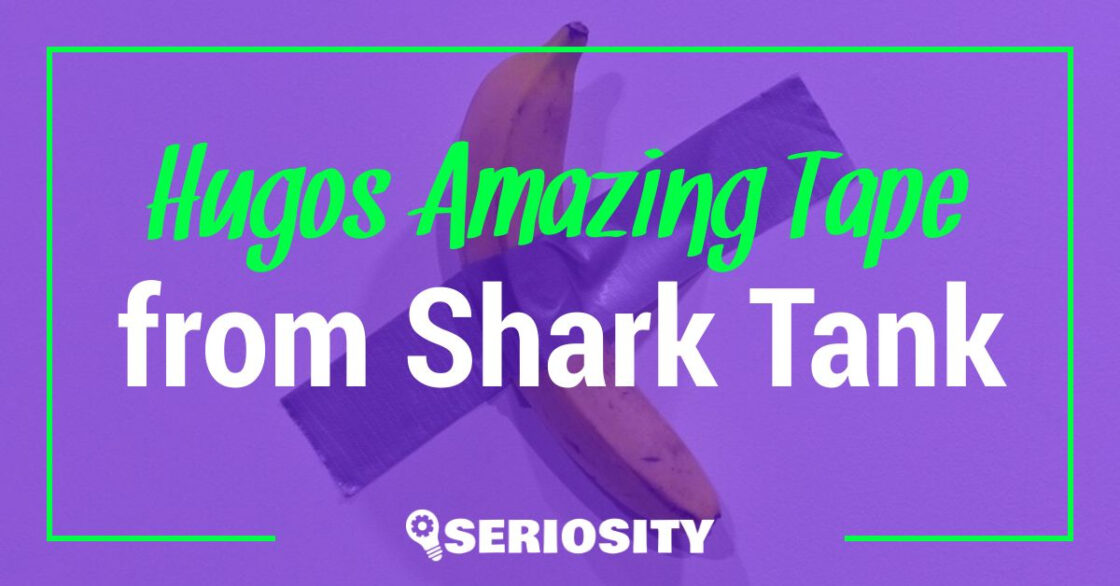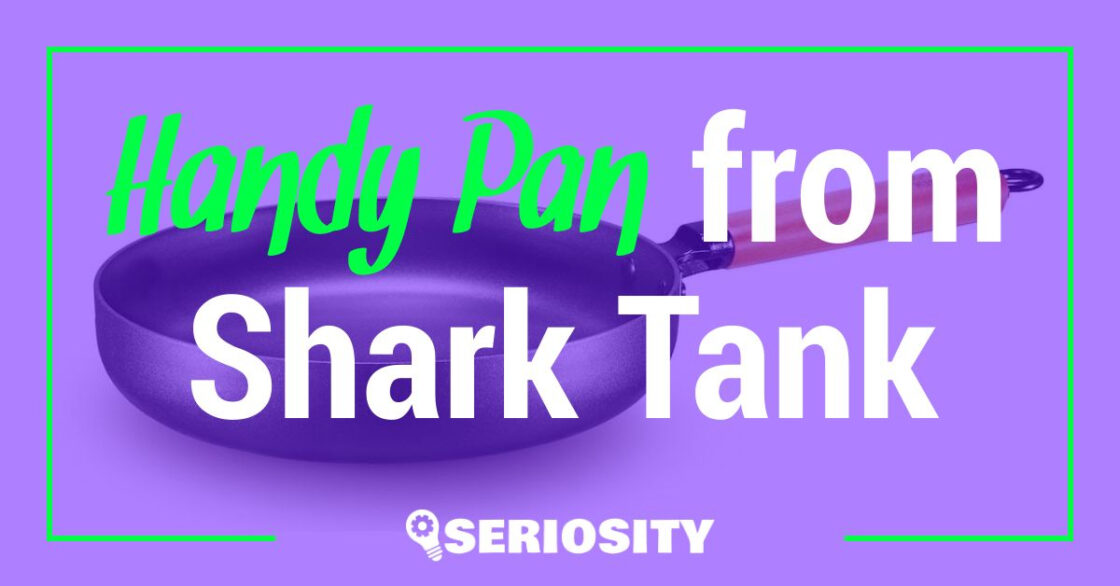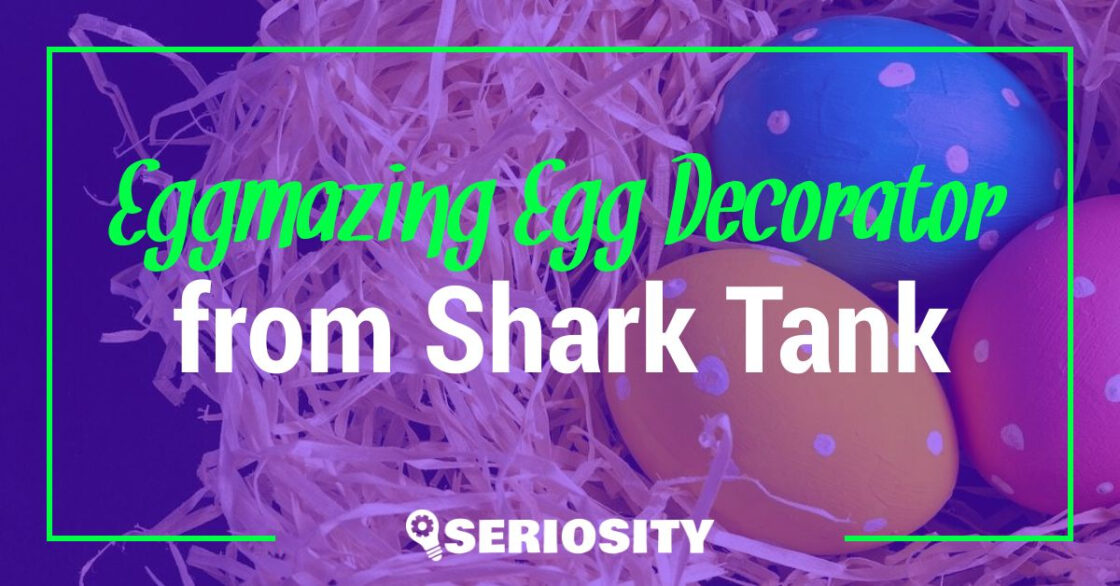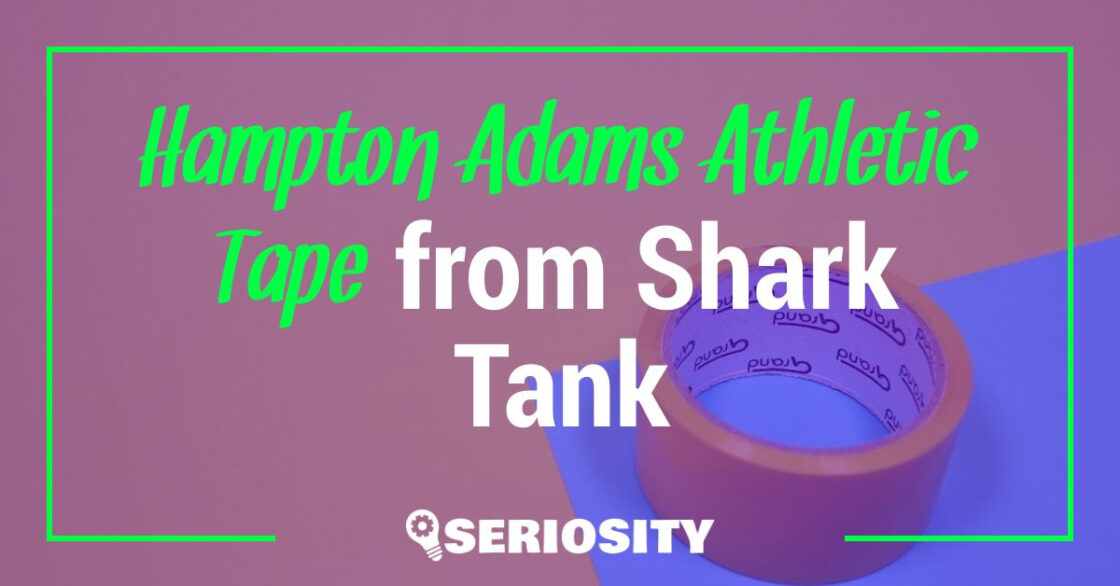Evan Lutz is the founder of Hungry Harvest, who got the idea from France, where people are making use of fruits and vegetables that aren’t aesthetically appealing, but perfectly edible.
Hungry Harvest deals with wholesalers who sell their foods at a discount due to the lack of sales from fruits and vegetables that don’t reach retail stores because they are irregularly shaped and ‘defected.’
Evan manages to get free delivery and buys the produce that typically ends up as waste for a cheaper price, which he resells back to the people who are willing to buy ‘inferior’ products for a cheaper price.
Statistics indicate that more than 6 billion pounds of food end up in landfill sites each year due to the food not looking good and having to be disposed of because of this.
Hungry Harvest also gives back to the community by donating 1.2 pounds of food to food banks for every bag they manage to sell.
The produce is delivered in reusable bags that customers pay between 15 and 25 USD for.
These bags typically contain a few items like fruits and vegetables, which serve the customer for several days.
People can choose whether they want to opt for fruits or vegetables and can even buy a blend of both.
Evan Lutz wished to appear on Shark Tank and get funding to expand his territory and hoped that one of the sharks would be on board with his mission and mutually beneficial business plan.
After talking about his childhood and the struggles of poverty around him, Lutz manages to put his message across to the sharks, where he explains he devoted his entire life’s savings to this business.
He entered seeking 50,000 USD for a 5% share in the business, which is a pretty safe investment.
After explaining his business vision, he exclaims that he plans to create win-win situations for everyone and quickly hands out some samples for the sharks to see.
After evaluating the physically unappealing products, the sharks realized that the foods were fresh and edible and that Evan wasn’t exaggerating.
He goes on to explain how he donates 5000 pounds of produce to poverty-stricken areas each month, which deters Barbara, who wants the business to be profitable before it’s charitable.
Eventually, Robert offers 100,000 USD for a 10% stake in the company, which Evan accepts graciously instead of arguing with Kevin and Lori.
Our Review of Hungry Harvest
The Hungry Harvest website gets a lot of traffic from potential buyers, and due to the popularity gained from Shark Tank, the company managed to increase its daily website visitors from 150 to 3000.
In 2020, Hungry Harvest received over 7 million USD in funding from venture capitalists and is currently active in various locations like Washington, DC, Virginia, and Florida.
The company’s vision is still solid, and it hopes to expand its business to other markets.
In 2021, their annual income was capped at 4 million USD, which is pretty decent for a recent venture.
Not only is the company generating a lot of income, but it’s giving back to the community in ways that are quite admirable.
Evan’s humanitarian mission has won the hearts of many people, who cannot help but be on board with his business plan, which is having a profound effect on the world.
Hungry Harvest is quickly growing in popularity and size and has donated over 1.6 million pounds of produce to tackle the food shortage in many parts of the country.
People have become more aware of the foods they unnecessarily waste and have developed an appreciation for unappealing food products that are perfectly edible, fresh, and tasty.
Since his appearance on Shark Tank, Evan has appeared in Forbes and won a business of the year award, which is very promising and speaks to the efficacy of the business structure.
The best thing about Hungry Harvest is that nobody can claim that the company values are driven by greed and profits but actually give a significant portion of their earnings back to the community.
Pros of Hungry Harvest
Many pros of Hungry Harvest have become known to the general public, who have supported the business’ mission completely.
Some of them are listed below.
- Hungry Harvest provides fresh and edible food items to many customers who can enjoy the cheap price and save money on groceries.
- The company gives back to the community and actively donates its produce to food banks and other poverty-stricken areas.
- The food is generating greater awareness in the public to not be wasteful with their food and lower their standards instead of contributing to unnecessary waste.
Cons of Hungry Harvest
Like all emerging businesses, there are some cons that are listed below.
- Hungry Harvest provides second-rate food items for only slightly cheaper prices, which isn’t an amazing deal for customers.
- The company actively glamorizes eating food that isn’t ideal for high-end restaurants and other places with high standards of food presentation.
Who is Hungry Harvest For?
The food items sold by Hungry Harvest can be bought by anyone who doesn’t mind eating visually unappealing foods, as long as they are fresh and edible.
Fruits and vegetables have become available to many restaurants and food banks that capitalize on the discounted price to serve items that are perfectly reasonable to eat.
Are There Any Alternatives?
You can expect to find many businesses that sell fruits and vegetables to their customers, especially in France, where visually unappealing foods have a strong market.
If you’re not fussed about saving a little bit of money, you can simply visit your nearest grocery store and opt for the highest quality of foods you can find.
Our Final Thoughts
Hungry Harvest is an amazing venture that has been very successful in terms of revenue and in the eyes of the public.
It offers people a chance to save money on their grocery expenses and provide food to poverty-stricken areas where people struggle to afford the basic necessities of life.
The sharks were immediately on board with their funding, which speaks volumes about the business idea’s potential, which unsurprisingly emerged as the best business of the year.

